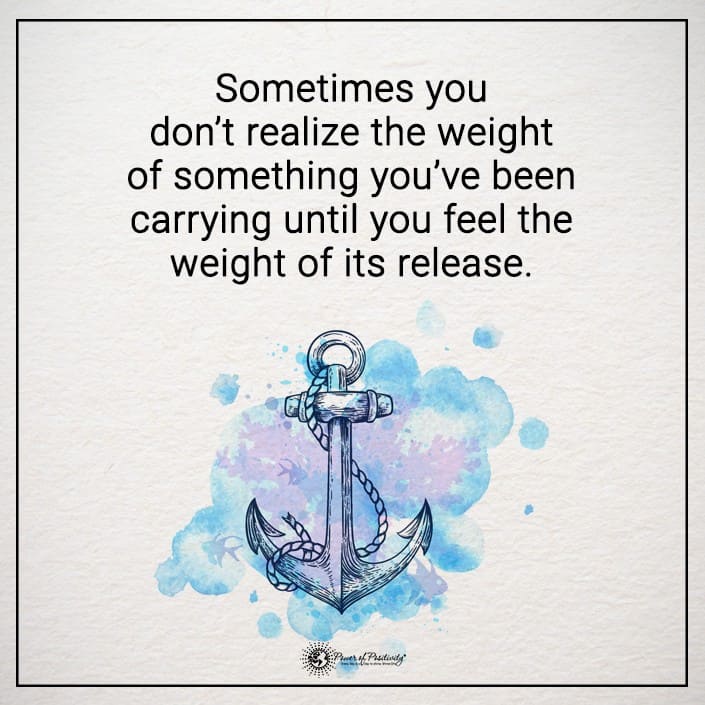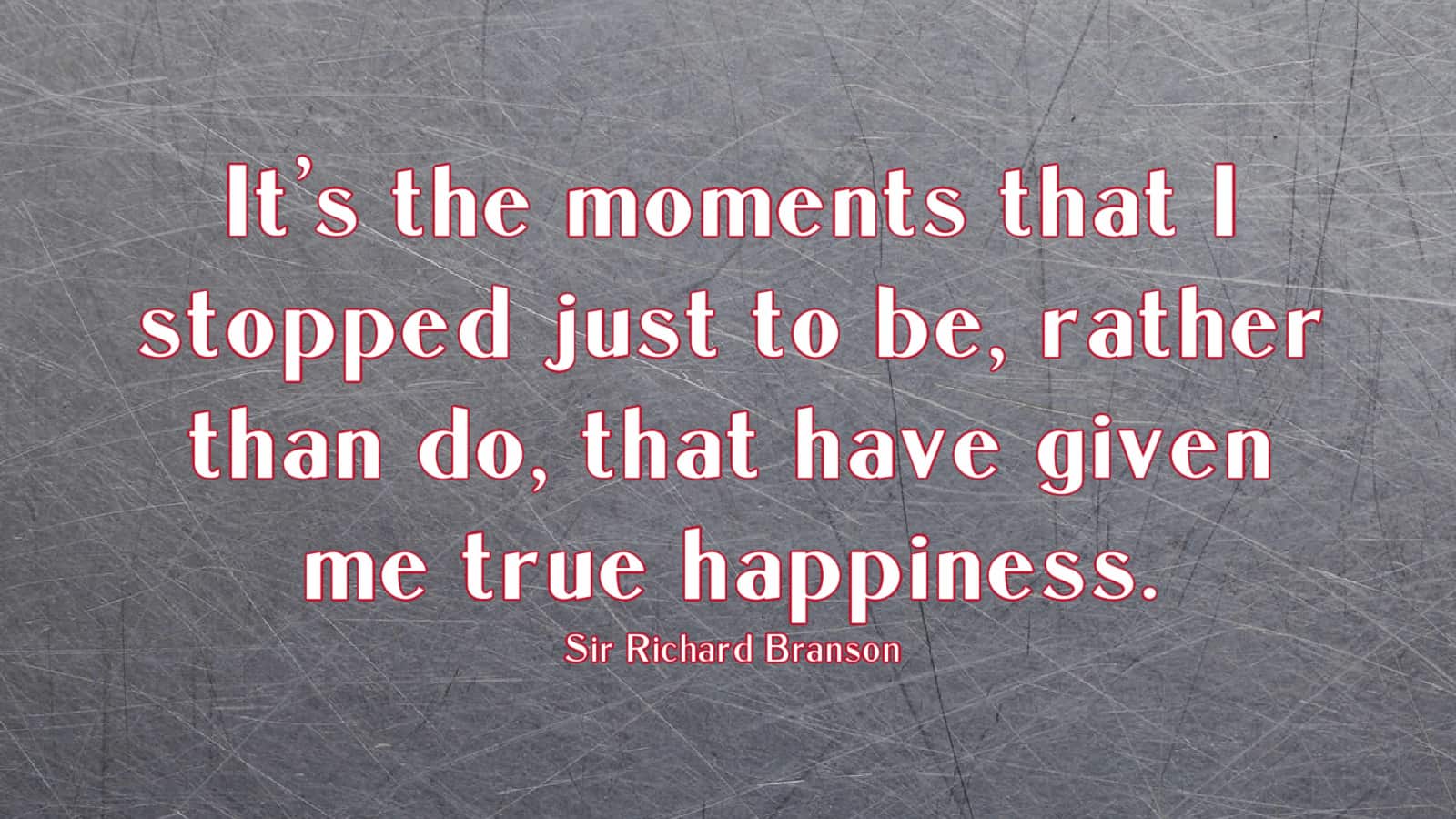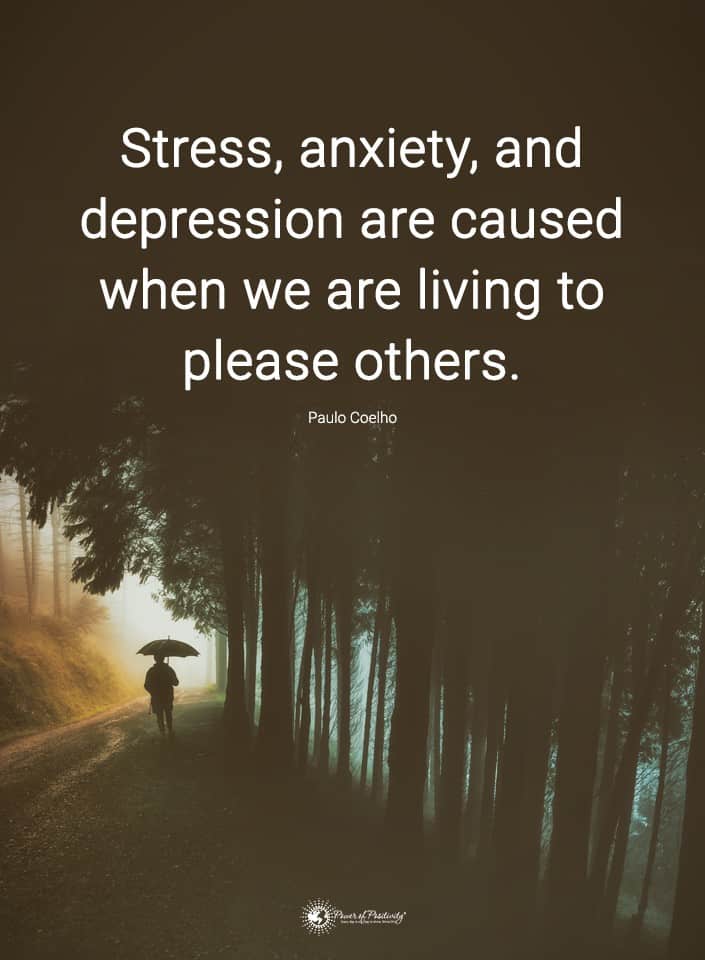Do you suspect you or someone you know is facing a mental health crisis? Your mental state can also dictate your relationship with your family and friends. Since dawn, there’s been a direct connection with your mind, body, and spirit.
These three parts of your life work together, and when one is off-balance, it can throw everything off. Mental breakdowns happen every day because life is so hard. Many triggers may make your mental condition poor.
A mental health crisis is when someone acts in a manner that puts both themselves and possibly others at risk. They may not act, think, or speak the same. Thankfully, there are usually indicators when someone is in distress, and there are steps you can take to help.
Fifteen Signs of A Mental Health Crisis
 Do you know the signs of a mental crisis? Remember that the triggers and the severity of the issues can vary significantly among people. However, when you learn the signs that something is amiss and learn how to handle it, you can get help before things escalate.
Do you know the signs of a mental crisis? Remember that the triggers and the severity of the issues can vary significantly among people. However, when you learn the signs that something is amiss and learn how to handle it, you can get help before things escalate.
Sadly, many people don’t know they’re mentally heading for a breakdown, so you need to make sure you can identify troubling signs. Here are the most common symptoms that someone is having a mental crisis.
1. Hallucinations or Delusions
Have you ever heard or seen things that no one else does? People going through a mental breakdown commonly hear someone calling their name, yet there will be no one there. Hallucinations or delusions cause people to hear, see, or believe things no one can validate.
It’s like the feeling of someone who has consumed too much of a hard drug and is dazed and confused. Someone mentally breaking often loses touch with reality, and hallucinations are commonplace.
A real psychotic break can affect your reasoning skills and bodily sensations. When you see any of these signs, getting help immediately is imperative.
2. Paranoia
Paranoid feelings are often observed with conditions like Schizophrenia, but it can also be displayed during a mental crisis. Being paranoid means that a person becomes very distrustful of everything around them.
An individual experiencing a break may not trust the food they’re served for fear that someone poisoned it. Paranoia is a huge red flag that something is mentally incorrect.
3. Irritability
Irritability and mood swings are similar, yet they’re different. Someone irritable is moody, touchy, and seems to be on edge. They may be hard to deal with because they will snap your head off. While irritability alone is not a sign of a breakdown, if it accompanies any of these other signs, then it’s troublesome.
4. Depression
Many things can cause depression, including a chemical imbalance in the brain or circumstances, according to Harvard Health Publishing. The key is to find and treat the underlying issues. When someone is in constant depression and losing interest in things they love, it can be a sign that they’re heading for a significant mental health crisis.
5. Neglecting Responsibilities
If a person forgets to go to work, leaves the kids at school, or fails to turn the water off in the bathroom, these are all signs that something is off. A person who is in crisis will often forget to do the things that they always do. Their routine is messed up, and they can’t remember what comes next.
6. Restlessness
Restlessness is like anxiety, and it may even be caused by anxiousness. A restless person may pace the floor, act like they’re on edge, and this behavior may be accompanied by irritability and moodiness.
7. Isolation
Humans are social beings that thrive when they’re around others. When someone wants to isolate themselves from the world, they will isolate themselves. Isolation is troubling because it means that a person’s mental state is deteriorating.
It doesn’t always mean that they’re losing touch with reality, but it can be caused by anxiety, depression, and many other things. Something is amiss if you or a loved one can no longer interact with others from a deteriorating mental state.
 8. Suicidal Ideations
8. Suicidal Ideations
When life’s troubles get so heavy, an individual may experience a mental crisis and wish to die. Some don’t see a reason to get up in the morning, which would fall into the depression category. However, someone who thinks and plans a way to kill themselves has suicidal ideations.
9. Hygiene Issues
One of the first ways you can tell if someone has mental issues is their hygiene. A person who is always well-kempt that suddenly has a not-so-fresh smell may be in trouble.
When people don’t feel like themselves, they will let essential things like hygiene fall. They don’t want to smell that way, but they might truthfully forget to bathe or even care if they didn’t.
10. Dissociative Amnesia
While a person may forget to get the kids at school, another type of forgetfulness is more concerning. It’s the inability to recall dates, times, or events in their life. There is dissociative amnesia which is a coping skill the mind uses to keep it from further harm. According to the Cleveland Clinic, these episodes are categorized as localized, generalized, or fugue.
11. Obsessed with Medical Symptoms
Many people get on the internet to research any symptoms they’re having. While it’s okay to do that occasionally, it can get to the point of an obsession. Someone suffering from hypochondria continually fears something wrong with them, and they are trying to get to the bottom of it.
They may have numerous tests run, and while they show nothing amiss, they will still insist it’s not in their head. While hypochondria is a separate mental health diagnosis, it can also indicate that someone is starting to break mentally.
12. Appetite Changes
Weight fluctuations in either direction can be a sign of trouble. If a person loses or gains more than 10 pounds in a short period, then it’s cause for alarm. A person suffering from a mental health crisis may gorge on foods or avoid them altogether. Extreme changes in eating habits must be evaluated.
13. Sleeping Too Much or Too Little
Sleeping habits are another thing that links to mental health. Thus, sleeping too much or too little can be due to a mental health issue. Insomnia can accompany mental health problems and wanting to sleep too much.
These can also be signs of depression, which can be part of a breakdown or a diagnosis independently.
14. Anxiety and Fear
A person who once was full of life and could do anything may now fear leaving home. They may be unable to get behind the car’s wheel or even go to the grocery store. Anxiety and fear can do a number on someone, and it’s enough to make them shut down.
A mental health crisis isn’t always someone wanting to kill themselves or others; sometimes, it causes a person to want to shut the door and make the world disappear.
15. Mood Swings
Mood swings are another good indication that something is off. A person suffering mentally can go from extreme highs to extreme lows in minutes. Not all mood swings are dangerous, and you must learn to differentiate between the two.
Dangerous mood swings are those that include:
- Threatening or initiating violence toward others
- Extreme anger when they’re breaking items
- Being overjoyed and giddy over the smallest of things
- Feeling the urge to harm themselves
It’s hard to deal with violent mood swings, but you must remember that this person doesn’t realize they’re having these fluctuations.
 Final Thoughts on The Fifteen Signs of a Mental Health Crisis
Final Thoughts on The Fifteen Signs of a Mental Health Crisis
It is essential to discuss the growing concern of the mental health crisis that America is facing. People are more unhappy and have more stress than ever before. Think of yourself as a rubber band.
When you get a bill you weren’t expecting, the rubber band (you) gets stretched a little more. You are sick and have two weeks off work without pay, so the rubber band stretches slightly. Finally, you have a death in the family of a loved one that sends you over the edge, and the rubber band stretches until it breaks.
Shattered and left in pieces, you try to assemble things, but you can’t because you need help. Thankfully, there are many ways to restore your mental health, such as therapy, medication, yoga, and counseling. You can take control of your mind and use nature and mindfulness to help heal your mental anguish.

















